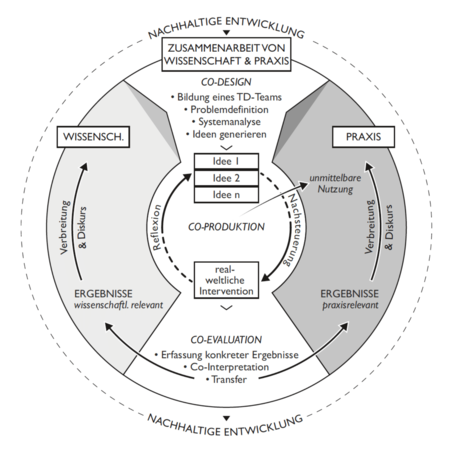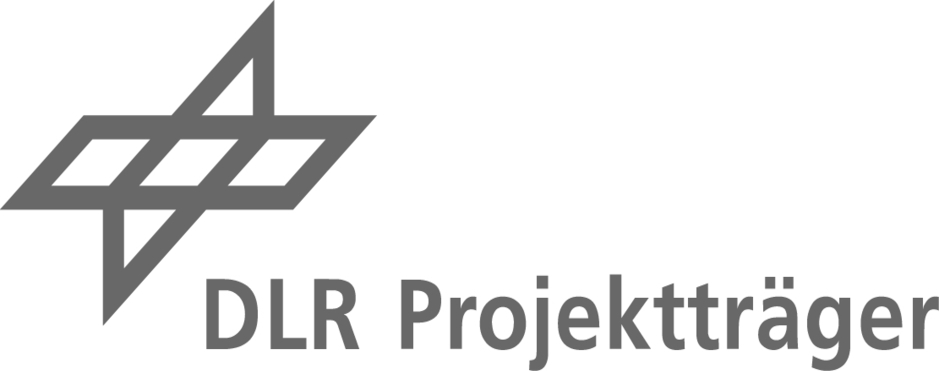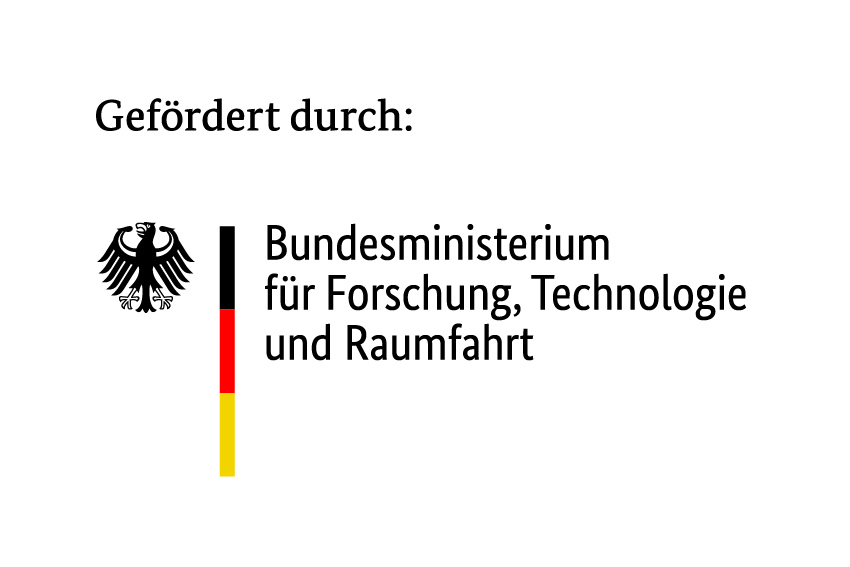Inter-university transfer laboratory
[Working title] Promotion of plant-based canteen offerings and introduction of CO₂ labeling of canteen dishes of the Studentenwerk Magdeburg
...as a measure in the field of nutrition.
Results of the 2nd transfer laboratory
Information will follow shortly
More information on the covered measure
As part of the KlimaPlanReal research project, the Hochschule Harz (HSH), Hochschule Magdeburg-Stendal (h2) and Otto-von-Guericke-Universität Magdeburg (OVGU) would like to promote the plant-based canteen offer more strongly and introduce CO₂ labeling of canteen dishes from the Studentenwerk Magdeburg.
- The initiative from three participating universities aims to promote awareness of sustainable nutrition by introducing CO₂-labeling on dishes. As part of this initiative, the acceptance and visual design of the label will be validated and long-term adjustments in purchasing behavior will be determined.
- As a supporting measure, a vegan/vegetarian action day will be carried out as a campaign, offering exclusively vegan/vegetarian dishes once a week. The aim of this day is to encourage Studentenwerk guests to adopt alternative eating habits, whereby attention is paid to high-quality and varied offerings.
- In addition, the Hochschule Magdeburg-Stendal should have the option of offering an equivalent vegan/vegetarian alternative for at least one meat-based dish every day, as is already the case at OVGU.
- These measures serve as a trial approach with the long-term goal of adapting user behavior so that in 2 to 3 years a larger proportion of the canteen dishes on offer will consist exclusively of plant-based foods.
- This recommendation of the Inter-University Climate Council can be found in detail in the Hochschule Harz Climate Plan (german only; Measure 25) and in the OVGU Magdeburg Climate Plan (german only; Measures 2 and 1 on Ernährung).
- Note: As the Hochschule Magdeburg-Stendal did not have a university climate council, the measure was expanded within the project together with the ideas from the other two climate plans for the third location of the Studentenwerk Magdeburg. This means that all three universities associated with the canteens of the Studentenwerk Magdeburg are involved in the overall measure.
Explanation: Cross-university transfer lab
The transfer lab is described as cross-university because the measure is managed by two different universities over the phase of two transfer labs.
- The HS Magdeburg-Stendal will take over the management of the 1st Transfer Lab phase (12/2023 to approx. 09/2024).
- The HS Harz will take over the management of the 2nd Transfer Lab phase (approx. 10/2024 to 09/2025).
As OVGU Magdeburg has already selected two main transfer laboratories of its own, it is not involved in this measure in a leading but accompanying role, as it covers the third location of the Studentenwerk Magdeburg , has the most university members and the largest canteen.
Contact: Project team of the HS Harz




